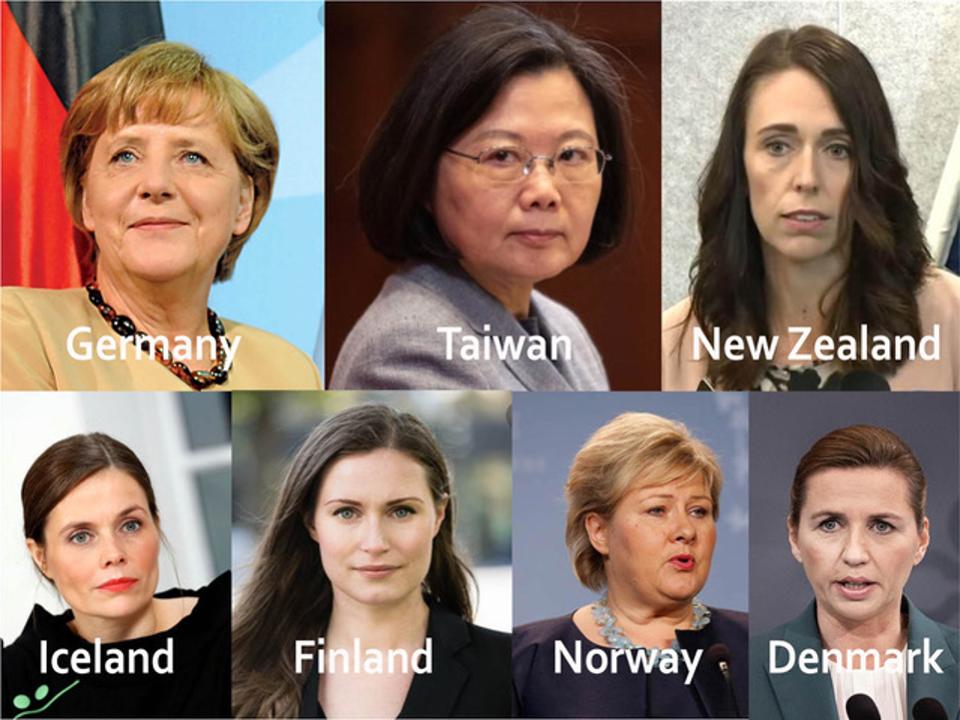WOMEN’S SEXUAL AND REPRODUCTIVE HEALTH RIGHTS

Women’s Sexual and reproductive health right means the right for women, regardless of age, ethnicity, HIV status or other aspects of identity, to make informed choices regarding their own sexuality and reproduction. It includes the right to make informed choices about when to give birth, the right to access the full range of affordable and informed family planning services, the right to accurate information and services to prevent and treat sexually transmitted infections (STIs) including HIV and AIDS, and sexual health information and education.
According to United Nations Population Fund (UNFPA), good sexual and reproductive health is a state of complete physical, mental, and social well-being in all matters relating to the reproductive system. To maintain one’s sexual and reproductive health, people need have access to accurate information and the safe, effective, affordable, and acceptable contraception method of their choice. Women and girls around the world, especially those living in poverty are restricted or have no access to information and services about their reproductive health and rights. Some of the barriers to sexual and reproductive health and rights (SRHR) include discrimination, stigma, restrictive laws and policies, societal expectations, and ingrained traditions.
Research shows that the global status of women’s and girls’ sexual and reproductive health and rights is disturbing: 214 million women worldwide want, but lack access to, contraception and more than 800 women die daily from preventable causes related to pregnancy and childbirth. Studies also stipulate that one in three women globally will face violence in their lifetime and violence against women and girls (VAWG) is integrally linked to the denial of access to Sexual and Reproductive Health Rights (SRHR). This means many women do not have control over their bodies and their fertility.
Access to comprehensive sexual and reproductive health and rights is a basic human right. It helps eliminate preventable maternal and neonatal mortality and morbidity, sexually transmitted infections (STI), cervical cancer and violence against women and girls.
Governments, multi‑lateral institutions and civil societies can promote or make accessible SRHR services to women by supporting an enabling environment so that SRHR becomes a reality through prioritizing the inclusion of SRHR within global agendas within the context of both health and gender equality. Also, prioritizing SRHR to tackle harmful gender norms and engaging men and boys as partners and change agents in SRHR. Over the years, Centre for Family Health Initiative (CFHI) has used its social media platforms to advocate for the SRHRs of women and has partnered with different organizations including Marie Stopes to provide free family planning to women during the commemoration of Maternal, Newborn and Child Health Weeks (MNCHWs)
Speak Wednesday is an initiative of Centre for Family Health Initiative to stop the cycle of domestic violence by breaking the silence around gender-based violence and gender bias. Join us every Wednesday on all our social media handles for more episodes.


